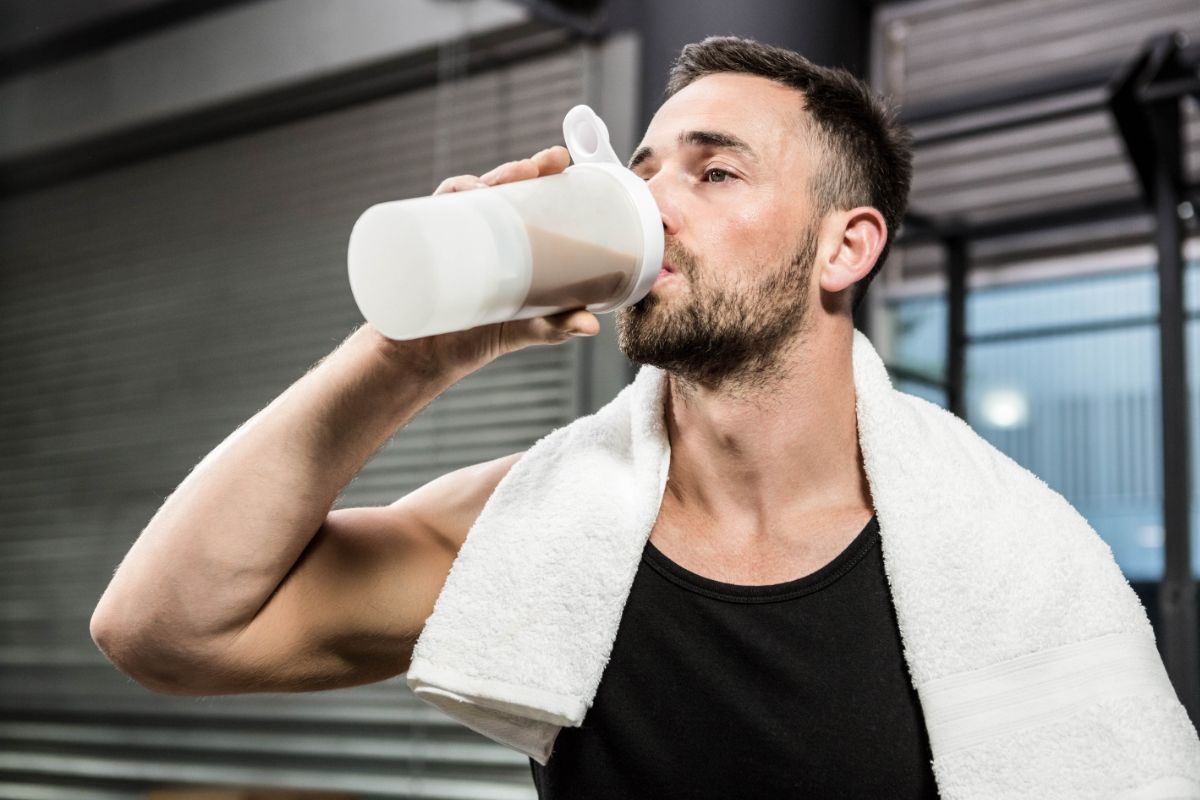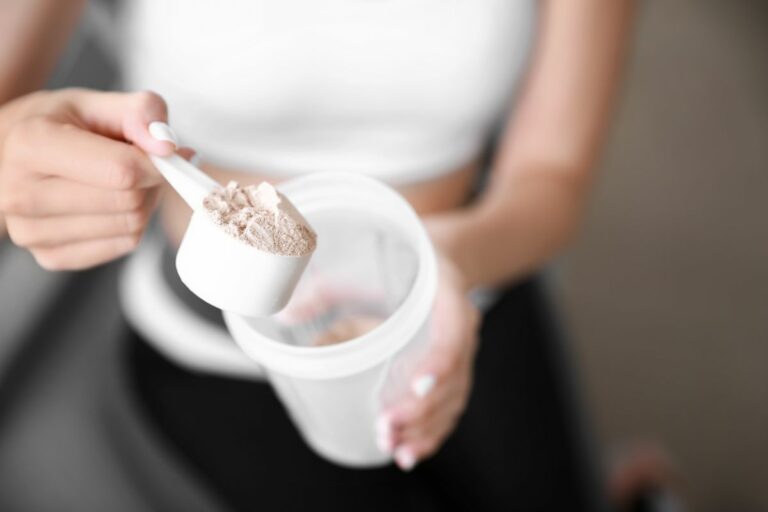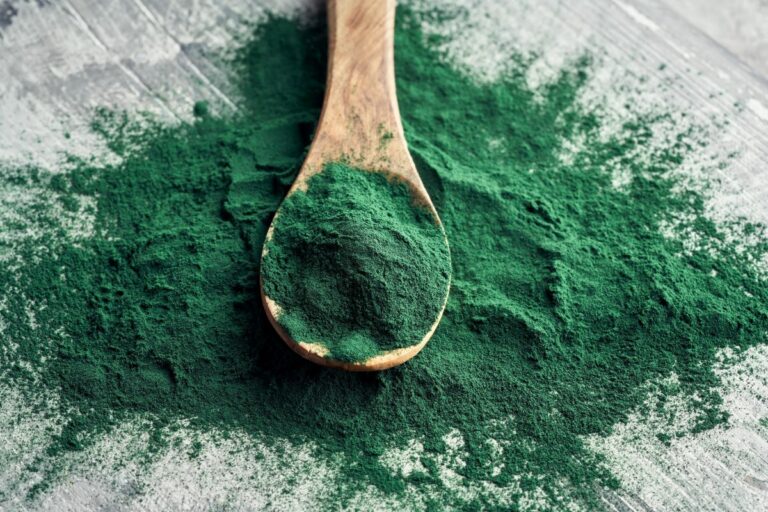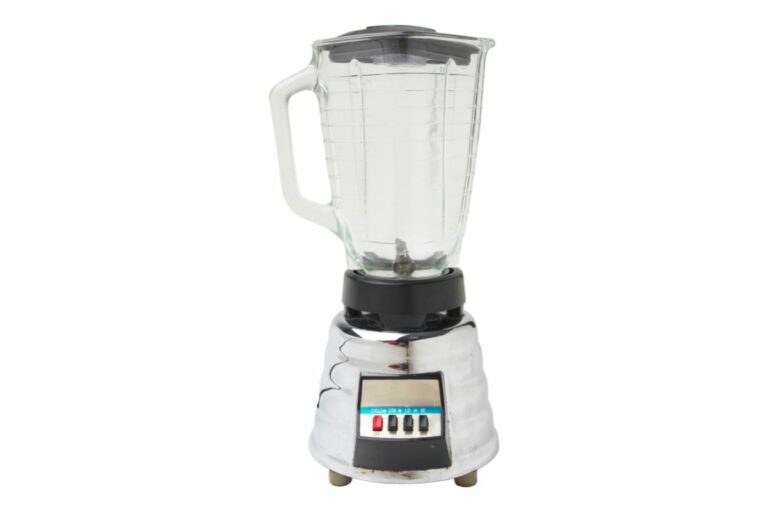What Happens If You Drink Protein Shakes Without Working Out?
Getting the right food and drink before and after your workout is incredibly important.
Not only does it play a massive role in your overall general health to get the right foods, but adding protein into the mix is critical.
Protein promotes the repair, growth, and maintenance of your muscles from the strain of a workout.
However, it’s also well known that many foods that are high in protein can also be high in calories – so without burning calories, this could be detrimental.
Today’s article will look at if drinking protein shakes without working out could be a problem and why this may be the case – along with other helpful tips for you to know.
So, read on for more.
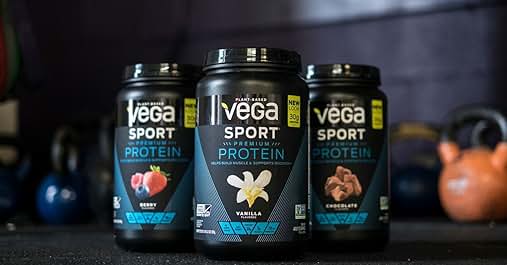
The Basics
The timing is critical when it comes to consuming protein shakes for your workout.
In fact, it’s been a matter of debate between gymgoers for years and this debate still rages on.
However, setting aside which time is better for you to have your protein shakes; whether that be before or after your workout, the latter point remains a constant – a workout.
The amount of protein that a person should consume will depend on how active they are.
Those that do not move around or work out too much can be okay with consuming about 45 to 55 grams of protein a day.
An athlete on the other hand can go as high as 120 grams of protein and possibly even higher than that.
Additional to your workout and movement levels, other factors of the amount of protein you will need depends on things such as:
- Gender
- Age
- Medical conditions
- Overall diet
Despite what some people say, protein shakes are not just for those who focus on weight-lifting workouts.
Protein shakes can have huge benefits for those that take part in cardio exercises too.
But could you have too much protein? Will workouts make a difference to this?
Is There Such A Thing As Too Much Protein?
There definitely is. You can always have too much of something, regardless of how healthy that thing is.
When it comes to protein, we see no difference in this rule.
Muscle protein synthesis has a limit and as stated, this will depend on how active you are, your body mass index, and many more things.
It’s been suggested that professional athletes should consume about 1.8 grams of protein for every kilogram of body weight they have.
However, the “normal” person should not be anywhere near this level. Too much protein in your diet can be detrimental to many things.
As you are consuming more calories and not burning them off when you’re not working out, there’s a real chance of excessive weight gain.
With poor usage of protein in your diet, you may also notice a “block” or reversed effect of muscle growth and sustainability.
Moreover, too much protein in your diet can lead to lethargy, which is the reverse of how protein should be consumed.
Protein Shakes: Too Much = Weight Gain
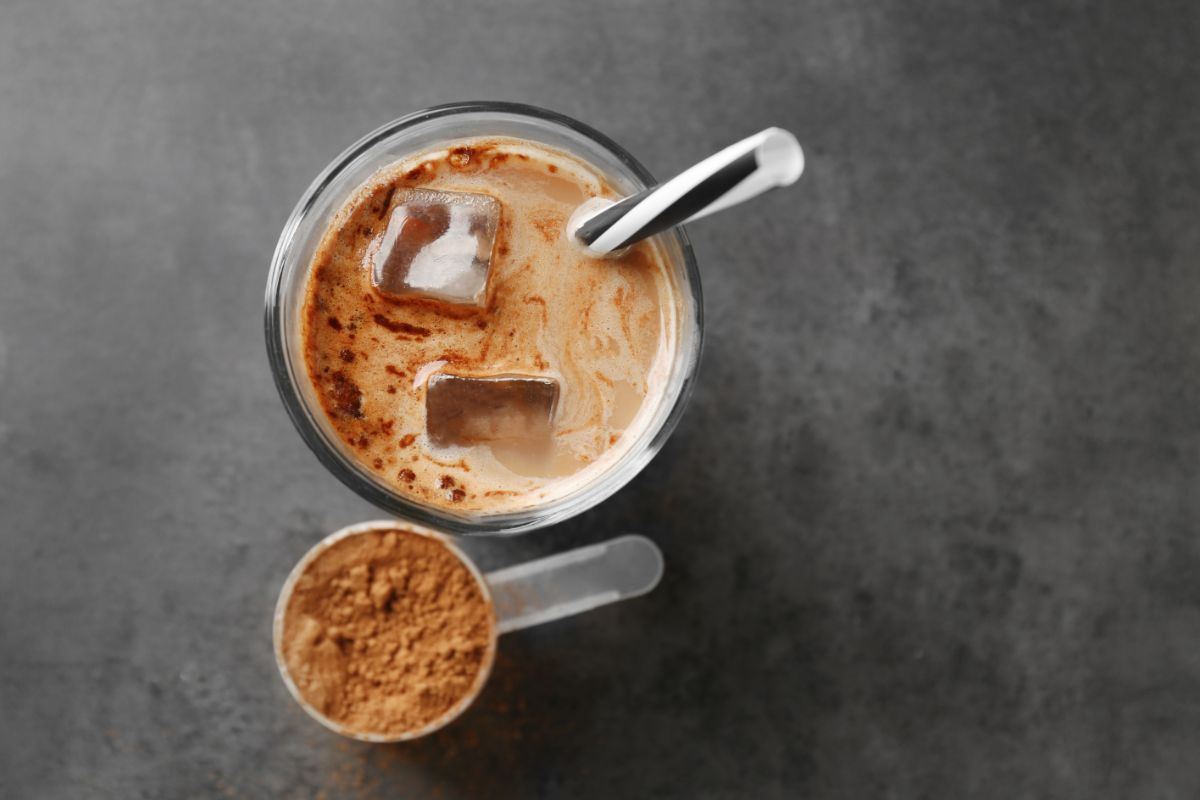
Whilst using protein shakes in the right way can help you lose weight, drinking protein shakes and not working out can be significantly detrimental to weight loss.
Remember, protein shakes tend to be heavy in calories, so consuming these and not working out will mean you’ve had a calorie-dense drink and not burned them off.
Whilst the “best” way to lose weight is constantly being debated in the world of fitness, we believe in the basics.
In other words, the more calories you consume and do not burn will lead to weight gain.
Eat less and move more has been the best advice given by doctors, so if you are going to consume something high in calories – remember it’s critical to burn these calories off.
Protein Shakes: Not Always Bad For Weight Loss
Despite the above statement, protein shakes can help some people lose weight – but it’s about being smart with them.
Of course, the best thing you can do is work out whilst you include them in your fitness program, but if you do not work out – you can still have protein shakes and possibly lose weight.
This is because you could still consume fewer calories than you burn in a day with protein shakes in your diet, but also because some people use shakes as a meal or snack replacement.
Moreover, protein shakes can help boost your metabolism and reduce your appetite – which means you may even stop consuming unnecessary calories, such as candy or soda.
If you do plan to do this though, you need to be careful.
This is because some protein shakes, whilst they are high in protein content, may be extremely low in vitamins and minerals that your body needs.
Therefore, we recommend that if you going to include protein shakes into your diet and try to lose weight, you should do the following:
- Pay attention to the calorie content
- Note vitamins and minerals that are in the protein shake
- Work out!
So, Can I Have Protein Shakes And Not Workout?
There’s nothing wrong with enjoying the occasional protein shake without working out.
This might be on a rest day, a day you are low on protein intake, or even because you want one!
However, whilst the occasional protein shake without working out won’t be too bad for you, it’s always recommended that you get the full benefits from working out.
It’s critical that you also know that protein shakes are not magic.
Explore Also:
Creativehouseblog
Dietsheriff
Gigasecurehome
They cannot instantly make you muscular, nor can they miraculously burn off a lot of calories for you.
The Bottom Line
You can happily have a protein shake every now and then without working out, but you need to be aware of the calories and lack of additional nutritional values.
Always try to work out when you are consuming protein shakes!
Other Articles to Read
How to Cleanse Your Body for Weight Loss

